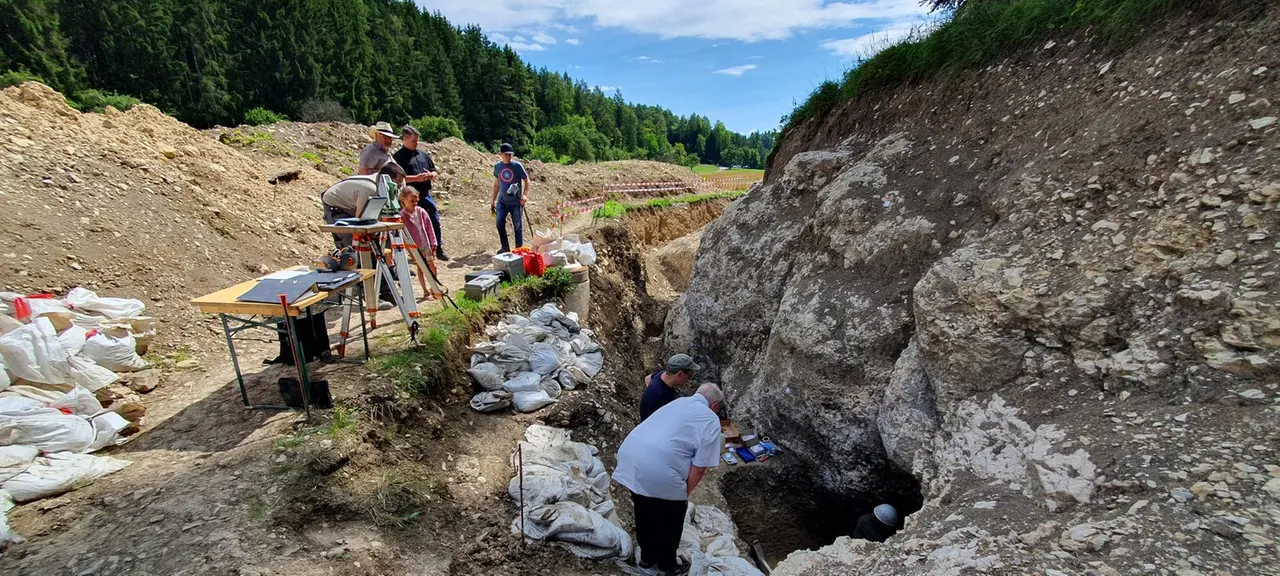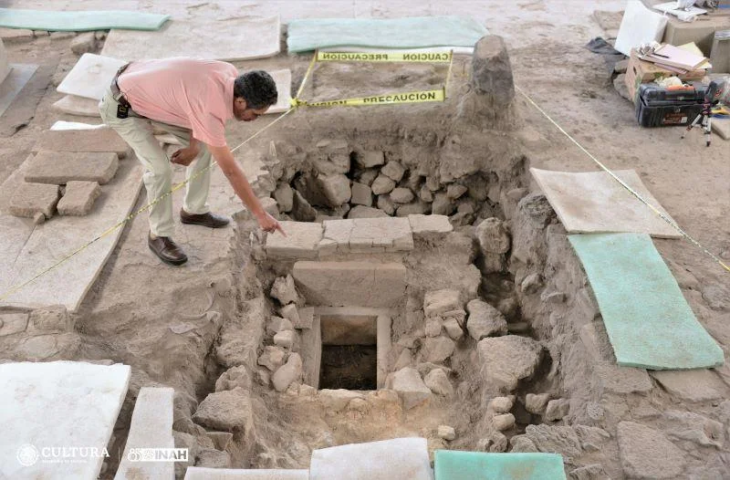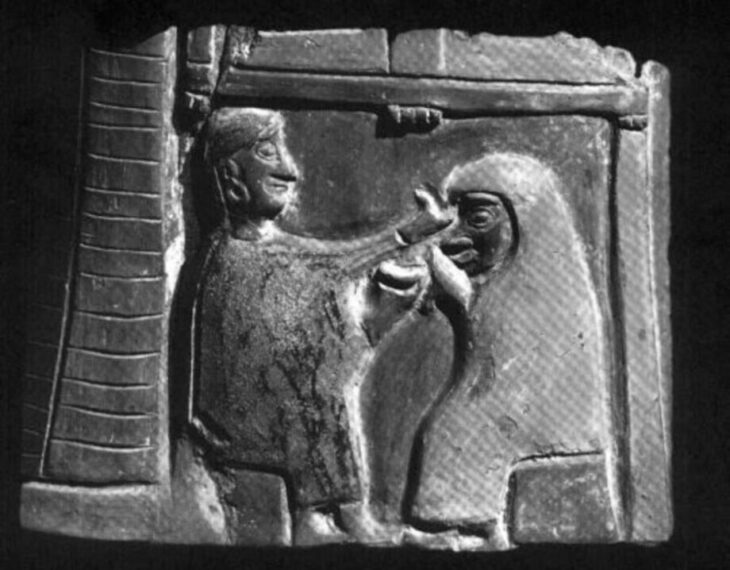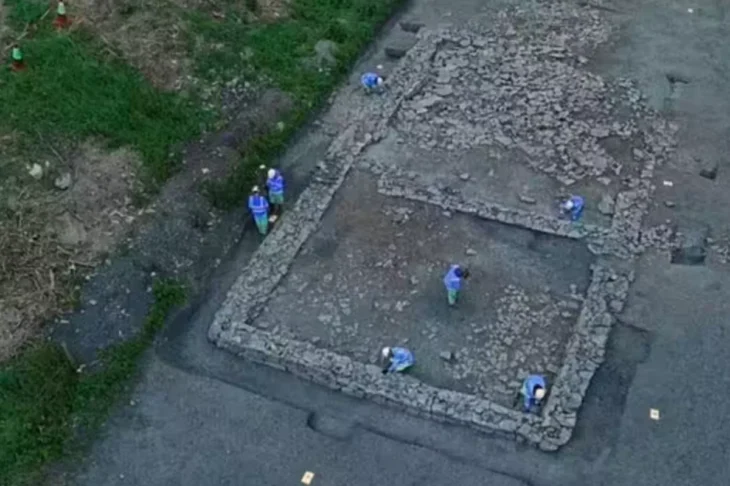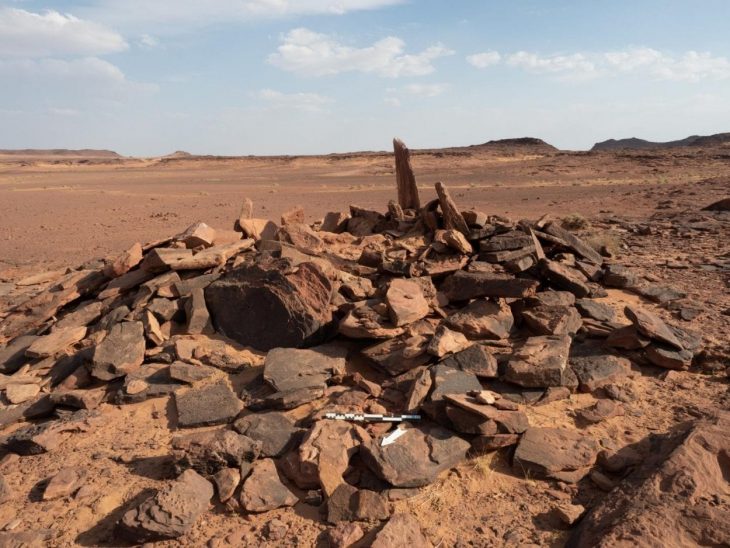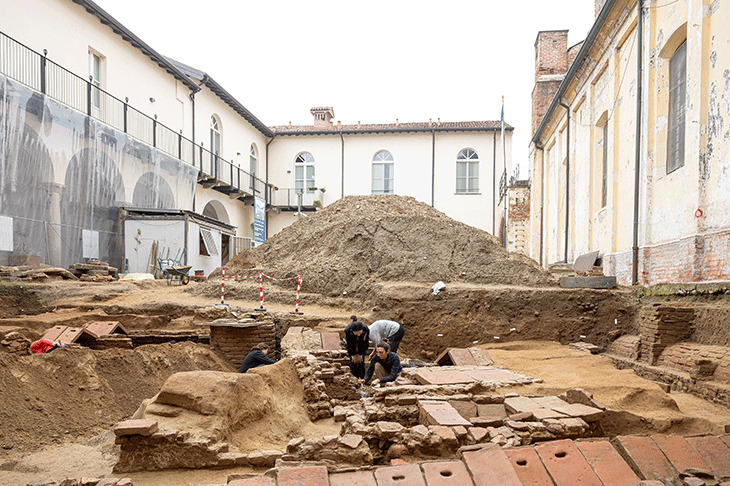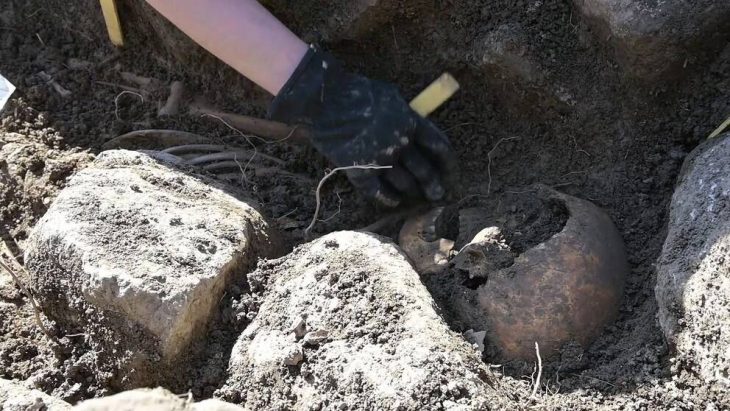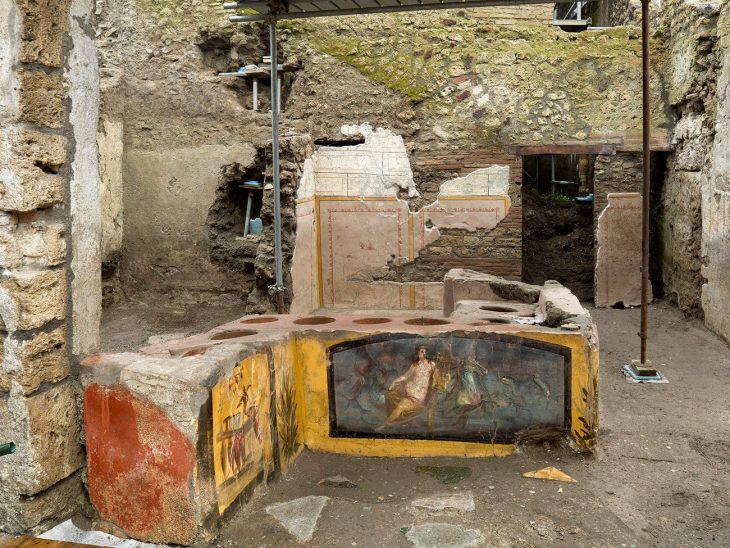Researchers report they have discovered the official entrance to an Ice Age cave near Engen, Germany, that nobody has entered for 16,000 years.
Although the cave was already known since the 1970s to archaeologists, until now, they had not discovered the original entrance. At that time, a hole was accidentally blasted into the cave ceiling during the construction of a sewage pipe, but the cave was not explored further.
New excavations began in 2021 and during six weeks of work archaeologists gathered more data but the original cave entrance remained undiscovered.
The cave is much larger than previously thought, the researchers discovered during geophysical measurements of the underground in April of this year, which were done in collaboration with the University of Heidelberg. It is thought to be several meters high and twenty meters deep. The research team managed to locate the entrance to the cave, which was previously underground.
Dr. Yvonne Tafelmaier of the University of Tübingen describes the find as a sensation. According to Tafelmaier, it is a unique situation. To find a site that researchers have hardly explored is a rare experience.
📣 Our WhatsApp channel is now LIVE! Stay up-to-date with the latest news and updates, just click here to follow us on WhatsApp and never miss a thing!!
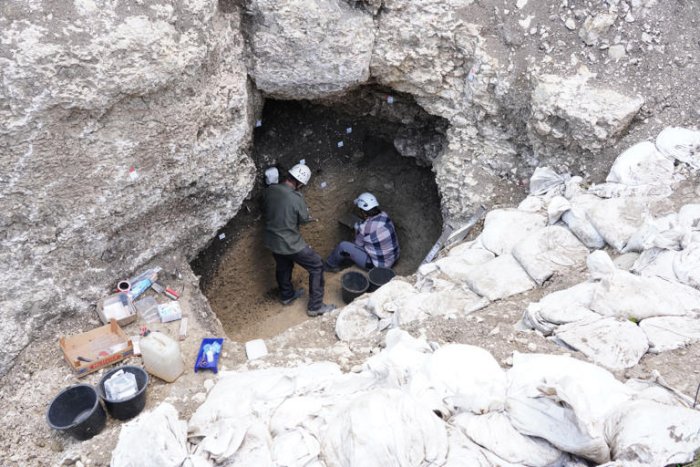
“The new find belongs to a whole series of caves in the so-called Ice Age Park near Engen. There is also the Gnirs Cave and the well-known Petersfels, also a late Ice Age site and a popular hiking destination today. The Petersfels are about 13,000 to 15,000 years old. Astonishing finds from the last Ice Age were already being made when it was discovered. The archaeologists are now hoping for the same from the new large cave,” Tagesschau reports.
“We already know that settlement remains from the late Ice Age are there, and we hope to find even more, such as stone tools, perhaps jewelry and art remains,” Tafelmaier says.
The entrance to the cave is still closed by a thick layer of earth. The earth that closes the cave entrance is currently being examined. In the coming year, the researchers want to penetrate into the interior of the cave.
To avoid destruction of any kind by unauthorized persons, a decision has been made to keep the entrance closed until the next year, when experts will study the cave’s interior.

